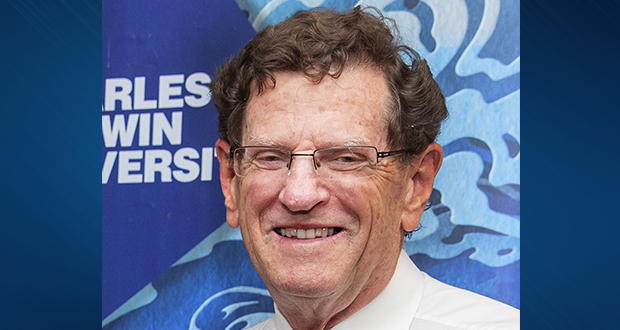Former High Court Chief Justice Robert French has used an address at Charles Darwin University to urge universities to remain vigilant in defending the expression of free speech on campus.
In delivering the annual Austin Asche Oration for the university and the Australian Academy of Law, French rejected what he called the “extended concept of safety” to restrict what can and can’t be discussed in public.
As reported in The Australian, French said universities should be prepared to accept a “very high threshold” before trying to stop a speech on campus due to concerns over its content.
He added that others’ feelings should not be the “threshold test”, and restrictions should only be enacted if a breach of law was likely.
“If the threshold is set too low in the interests of the feelings of the university community and applies an extended concept of ‘safety’ in support of restrictions, the reputation of universities in the wider community which they serve might be at risk,” French said.
“The better approach is to encourage and maintain a robust culture of open speech and discussion even though it may involve people hearing views that they find offensive or hurtful.
“That is one of the prices we pay for a core freedom in this liberal democracy. It is not likely to be eroded.”
His speech included a warning that universities’ actions most likely fall under the umbrella of constitutional freedoms associated with political communication.
“To the extent that universities, operating under the authority of acts of parliament which create them, make legal rules affecting freedom of speech, those rules would have to comply with the implied freedom,” he said.
“There is a question whether administrative policies would be subject to the same constraints. Given that university executives act under the authority of the law setting up the university and defining its powers, the answer is probably yes.”
On the question of harm or what might be regarded as harmful, he said it is a concept that implies a value judgement that can be challenged.
“What one person regards as harmful another may legitimately view as bearing no adverse consequence,’’ he said.
The annual oration is named after Austin Asche AC QC to acknowledge his service to the people of the Northern Territory and his contribution to the law, tertiary education and the community.
Campus Review is hosting a one-day seminar, including expert presentations and panel discussion, investigating the issues surrounding free speech at universities. Click here for more information and to register your place.
Do you have an idea for a story?Email [email protected]
 Campus Review The latest in higher education news
Campus Review The latest in higher education news


I agree absolutely, but if I didn’t that’s fine. And we should be able to discuss our opinions and views freely in a respectful way.
I’m a christian and a lot of the beliefs I hold to would be considered offensive to some – that is fine. I would feel the same about others beliefs but I respect those people, and have no issue with them speaking about their beliefs. I don’t respect their beliefs but I respect them and their right to voice them.
I absolutely agree as well. Restricitng freedom of sppech because of the risk of offending someone is highly subjective and stifling.